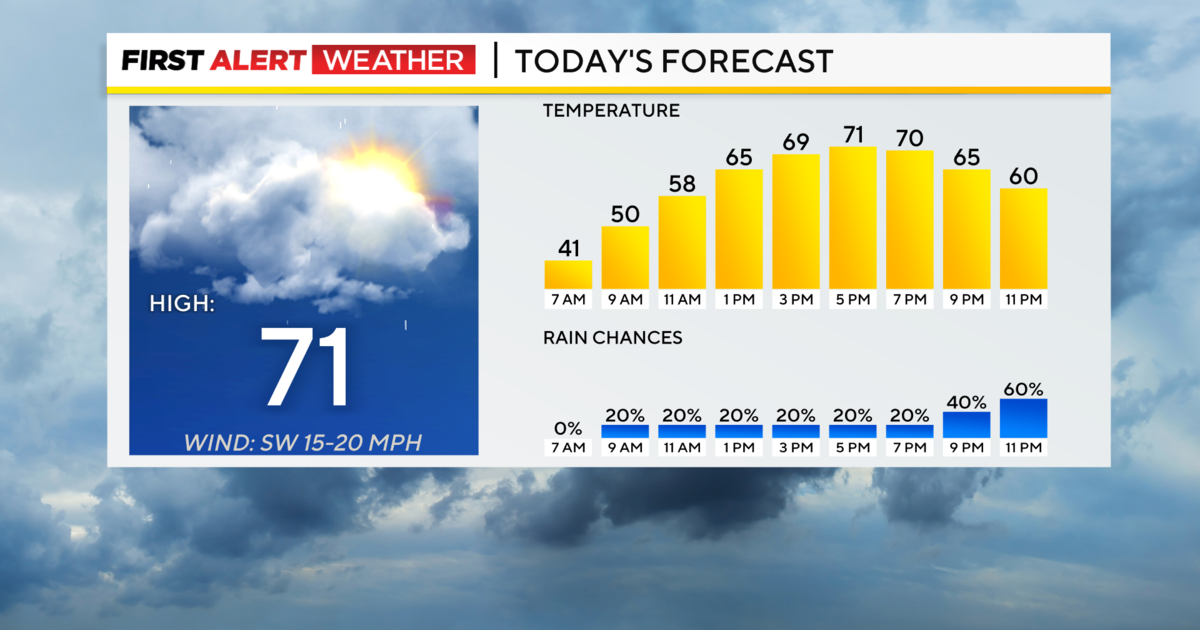Doctors Discouraging Early Induction Of Labor
PITTSBURGH (KDKA) -- When it comes to giving birth, going into labor either happens naturally or doctors can induce it.
But a few decades ago, a trend started, allowing mothers to decide if they wanted to be induced early. Now, doctors are trying to stop that trend from continuing.
Carrie Marquis of South Fayette is on her second pregnancy. During her first one, at week 38 out of 40, she asked her doctor what many women ask.
"If I don't go into labor on my own, how long will you let me go before you induce me?" Marquis asked. "The answer was 7 to 10 days. And I think I cried when they said that."
In fact, doctors are discouraging "going early," a practice known as early elective induction of labor. Typically, this was done at 36 to 39 weeks and was actually popular in the 1990s to relieve discomfort and to accommodate work, convenience and other children.
"Over the past five years, the evidence has pointed in the direction that babies need those last couple weeks of development and of growth," said Dr. Deborah Lenart, an OBGYN at St. Clair Hospital. "And babies between 37 to 39 weeks would oftentimes have respiratory difficulties. Their brain probably isn't fully developed, so frequently we'd have feeding difficulties."
Join The Conversation On The KDKA Facebook Page
Stay Up To Date, Follow KDKA On Twitter
The government recommends keeping early inductions at 3 percent or less. Dr. Lenart and her colleagues actually have a rate of zero.
Carrie understands why her doctor wants her to wait until she goes into labor naturally, even when late pregnancy challenges patience.
"I think most women kind of think, well, technically I'm due, and I'm ready to be done, so what's the big deal?" she said. "But they always want to do what's best for your baby."



